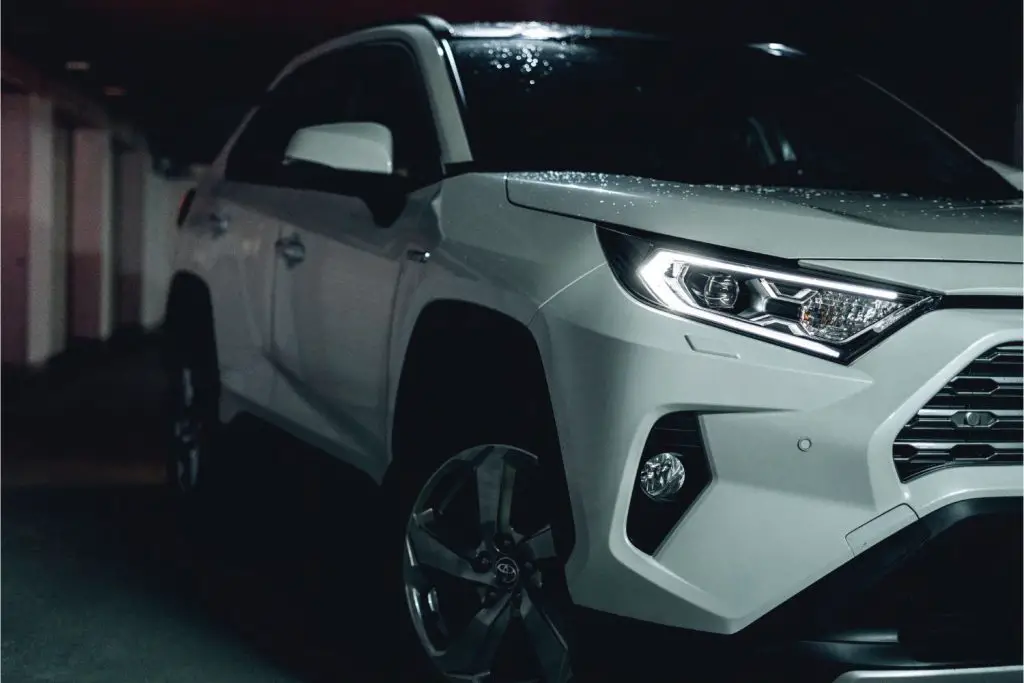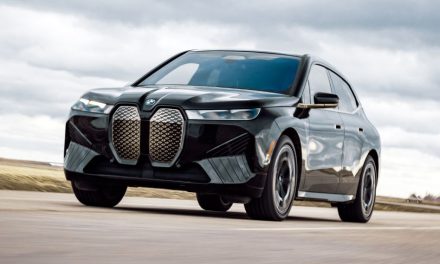There is no one definitive answer to the question of what gas mileage is considered good. It depends on a variety of factors, including the type of vehicle you drive and how you drive it.
That being said, some general guidelines can give you an idea of what to shoot for.
In this article, we’ll take a look at what gas mileage is considered good and why it matters. We’ll also offer some tips on how to improve your gas mileage!
What is a good gas mileage for a pickup?

Now more than ever, the gas mileage of a pickup can range heavily! This is because a single full-size pickup can range from a high-powered, supercharged V8, to a small diesel engine, and even a turbo 4 cylinder. These all have a huge difference in gas mileage.
On top of this, we also have smaller pickups like the Ford Maverick, and Hyundai Santa Cruz entering the market with crossover platforms, smaller engines, and more efficient designs that can get up to 42 miles per gallon.
That said, for a full-size pickup, reasonable gas mileage for a modern pickup should be in the 20mpg to 25mpg range combined. If you have an older pickup from the early thousands, you are likely surprised, as you probably are getting 12mpg to 15mpg, which was standard until recently.
As for the smaller pickups in modern times, you can expect over 30mpg with up to over 40mpg depending on the options, and specific pickup you choose.
What pickups get the best gas mileage?
| Vehicle | Max Mileage (mpg) |
|---|---|
| GMC Sierra w/ Duramax Diesel | 30 |
| Ford Ranger w/ 2.3L Ecoboost | 26 |
| Ford Maverick Hybrid | 42 |
| Hyundai Santa Cruz | 27 |
What is a good gas mileage for a car?

Unlike pickups, most cars can get great gas mileage! This is because of their low-slung body shape that allows air to flow past it much easier. These vehicles are also considerably smaller, lighter, and have smaller engines because of this.
Many sedans also rely on a hybrid setup (combining gas and electric for added capability), which results in a much better mileage figure.
With that said, good gas mileage for a car (not an SUV), is around 45mpg to 50mpg depending on the vehicle you get. This can even go up to 60mpg on vehicles that are dedicated to getting the best gas mileage possible like the Prius and the Ioniq.
Of course, some naturally aspirated (no turbo or hybrid) cars can be in the 30mpg to 35mpg, however that is the exception nowadays.
What cars get the best gas mileage?
| Vehicle | Max Mileage (mpg) |
|---|---|
| Hyundai Sonata Hybrid | 54 |
| Toyota Camry Hybrid | 53 |
| Toyota Prius | 58 |
| Hyundai Ioniq | 60 |
What is a good gas mileage for an SUV?

It used to be that SUVs were big, bulky, and got around the same gas mileage as their pickup truck (which were meant to tow) counterparts. However, as the crossover version of the SUV grew in popularity, we started to see these car-based SUVs get better and better gas mileage.
This is due to the hybrid powertrain, more refined shapes for aerodynamics, and of course, engines getting more and more efficient as the technology becomes better.
Modern SUVs now can get extremely high gas mileage (not quite as good as cars, but close), and you can expect a good gas mileage of up to 51mpg on the highway. However, your standard gas mileage for many smaller SUVs can be around 40mpg to 45mpg.
Now, if you are looking at truck-based SUVs like the Tahoe, Grand Wagoneer, and more, you should be expecting quite a bit less. In these vehicles, good gas mileage is around 20mpg to 25mpg.
What SUVs get the best gas mileage?
| Vehicle | Max Mileage (mpg) |
|---|---|
| Kia Niro | 51 |
| Ford Escape Hybrid | 44 |
| Toyota RAV4 Hybrid | 41 |
| Toyota Venza | 40 |
How can you get better gas mileage?
While we go a little more in-depth on how gas mileage can be improved in this article about why cars get better gas mileage on the highway, here are some great ways to improve your gas mileage now!
1. Avoid high speeds/accelerate gradually
When you are driving at high speeds, your gas mileage plummets. This is because wind resistance increases exponentially the faster you go. In general, you want to avoid going over 55mph if possible.
If you need to accelerate quickly, do it gradually. Sudden acceleration uses up more gas than gradual acceleration.
2. Keep your tires inflated
If your tires are not properly inflated, it causes more rolling resistance. This in turn decreases gas mileage because your car has to work harder to move. You can check your tire pressure at gas stations or with an easy to read tire pressure gauge.
3. Don’t idle your engine unnecessarily
Idling your engine uses gas for no reason. If you are stopped for more than 30 seconds, it is more fuel-efficient to turn off your engine.
Now, there are of course good reasons to idle your vehicles, such as warming it up, thawing out the vehicle after a freeze, and more. However, we are just recommending now leaving your vehicle idle for longer than it needs to be (idling your vehicle gives you 0mpg).
4. Remove excess weight from your car
The heavier your car is, the more gas it will use. This is because it takes more gas to move a heavier object. Therefore, try to remove any excess weight from your car. This includes removing things like roof racks when you are not using them, and more. You will be surprised how much as that excess weight can change the mileage of your vehicle.
Conclusion
Gas mileage is important to consider when you are buying a car. However, what is considered “good” gas mileage has changed over the years. Nowadays, good gas mileage for a car is around 45mpg to 50mpg, and for an SUV, it is around 40mpg to 45mpg.
There are of course ways to improve gas mileage on any car you own, such as driving at lower speeds, gradual acceleration, and more. Thanks for reading!





